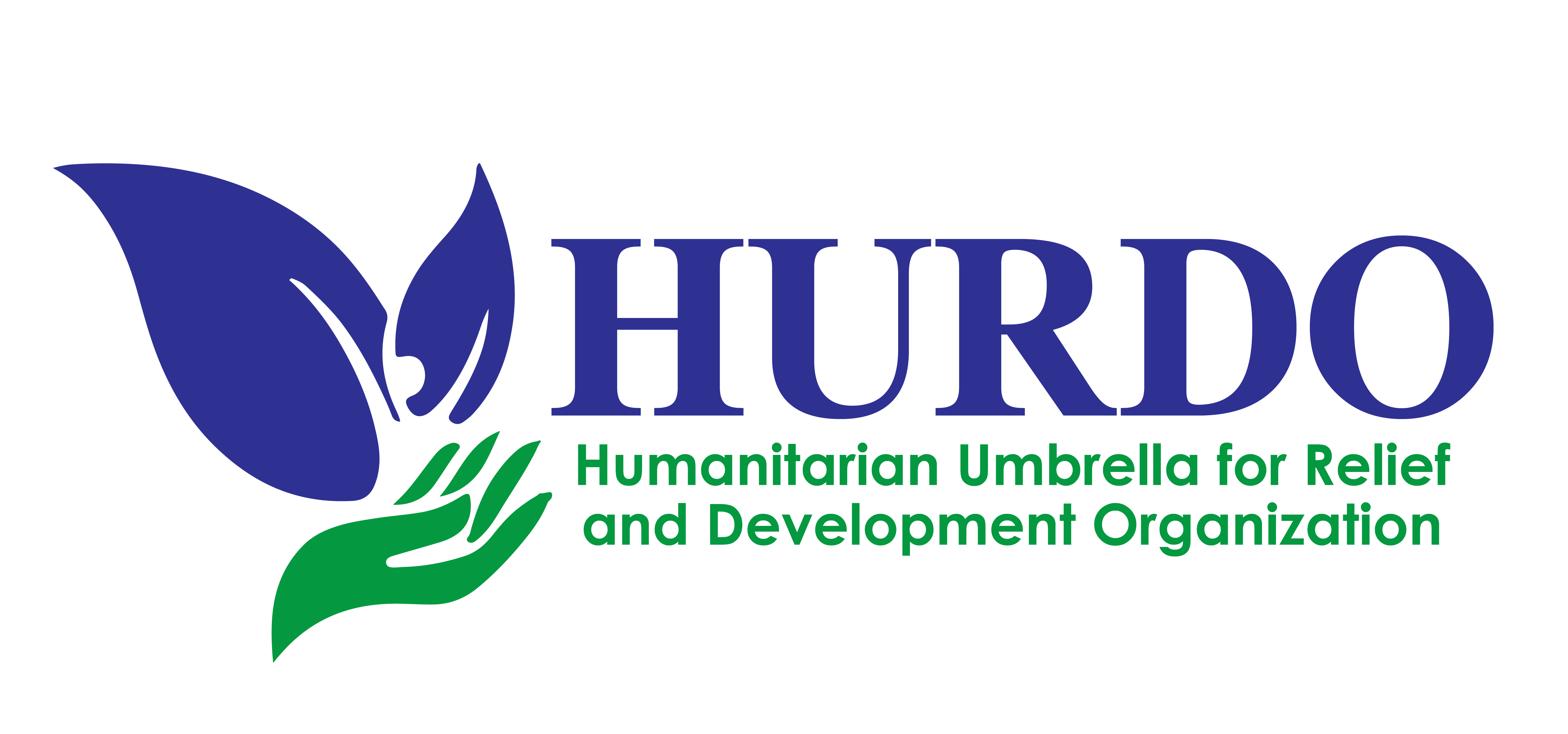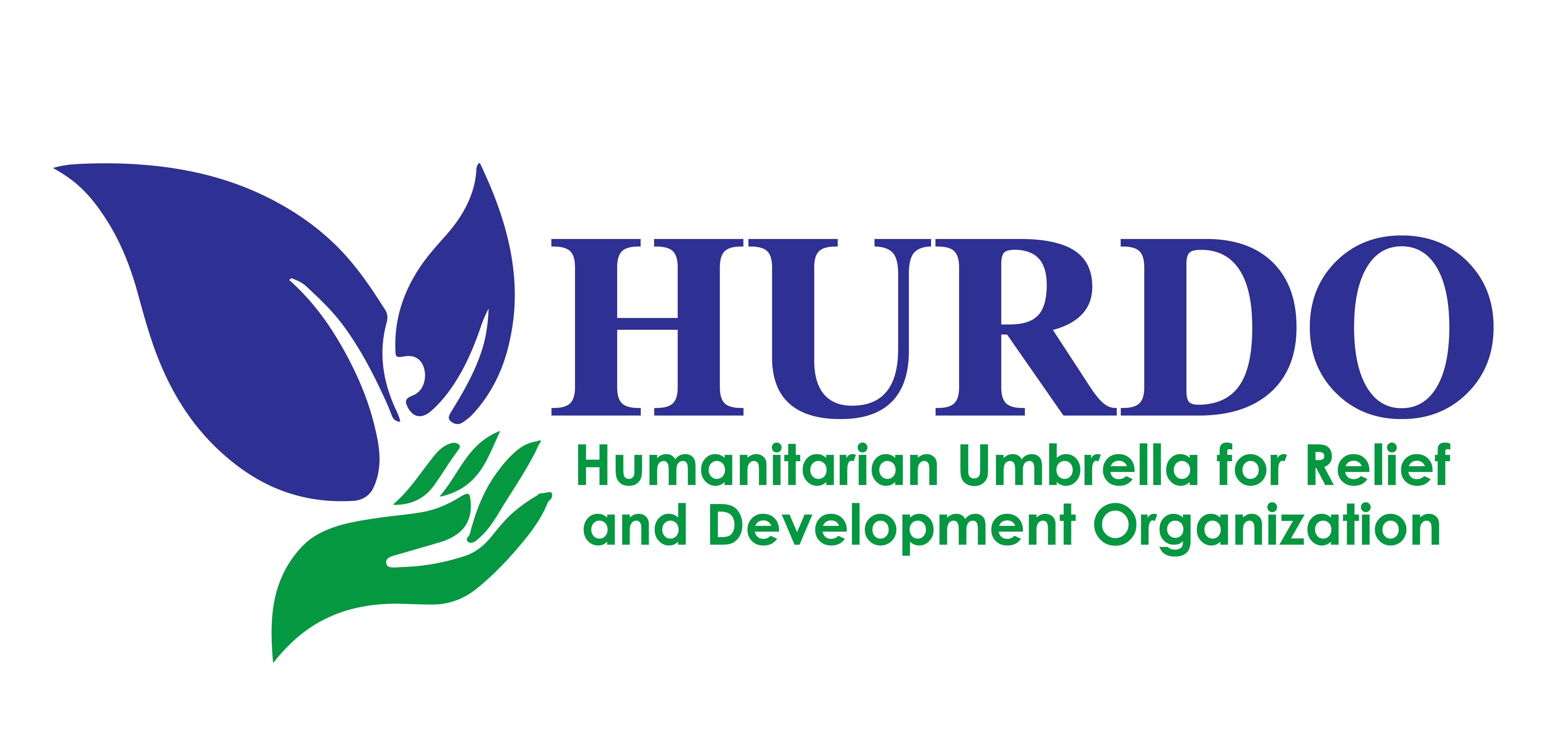

Learning
Education
HURDO’s Education department focuses on providing access to quality education for vulnerable and out-of-school children in remote areas of Somalia.
It works to improve learning environments through infrastructure development and teacher support while promoting community involvement.
The department is committed to expanding education opportunities to reach more underserved children.
Departmental objective:
To provide access to quality education for children from marginalized communities. This program seeks to empower learners, educators, and communities, fostering lifelong learning, critical thinking, and socio-economic development.
Department Components :
School Support Program :
- Partnering with under-resourced schools to improve infrastructure, facilities, and learning resources.
- Providing teaching materials, textbooks, and classroom supplies to enhance the learning environment.
- Conducting teacher training workshops and professional development programs to enhance teaching effectiveness and student engagement.
Community Education Centres :
- Establishing community education centers in underserved areas to provide non-formal education, adult literacy classes, and vocational training programs.
- Offering life skills training, financial literacy courses, and entrepreneurship workshops to empower learners with practical skills for personal and economic development.
- Engaging parents and community members in educational activities and awareness campaigns to promote the importance of education and parental involvement in children's learning.
Inclusive Education for Children with Disabilities :
- Creating inclusive classrooms and learning environments that accommodate diverse needs and abilities.
- Training teachers and school staff in inclusive teaching practices and disability awareness.
- Advocating for policy reforms and resource allocation to support inclusive education at the national and local levels.
Education for Sustainable Development (ESD) :
- Implementing environmental education programs in schools to raise awareness about conservation and climate change.
- Establishing school gardens and eco-clubs to promote hands-on learning about ecology and sustainable agriculture.
- Incorporating ESD themes into classroom teaching across subjects such as science, social studies, and geography.

